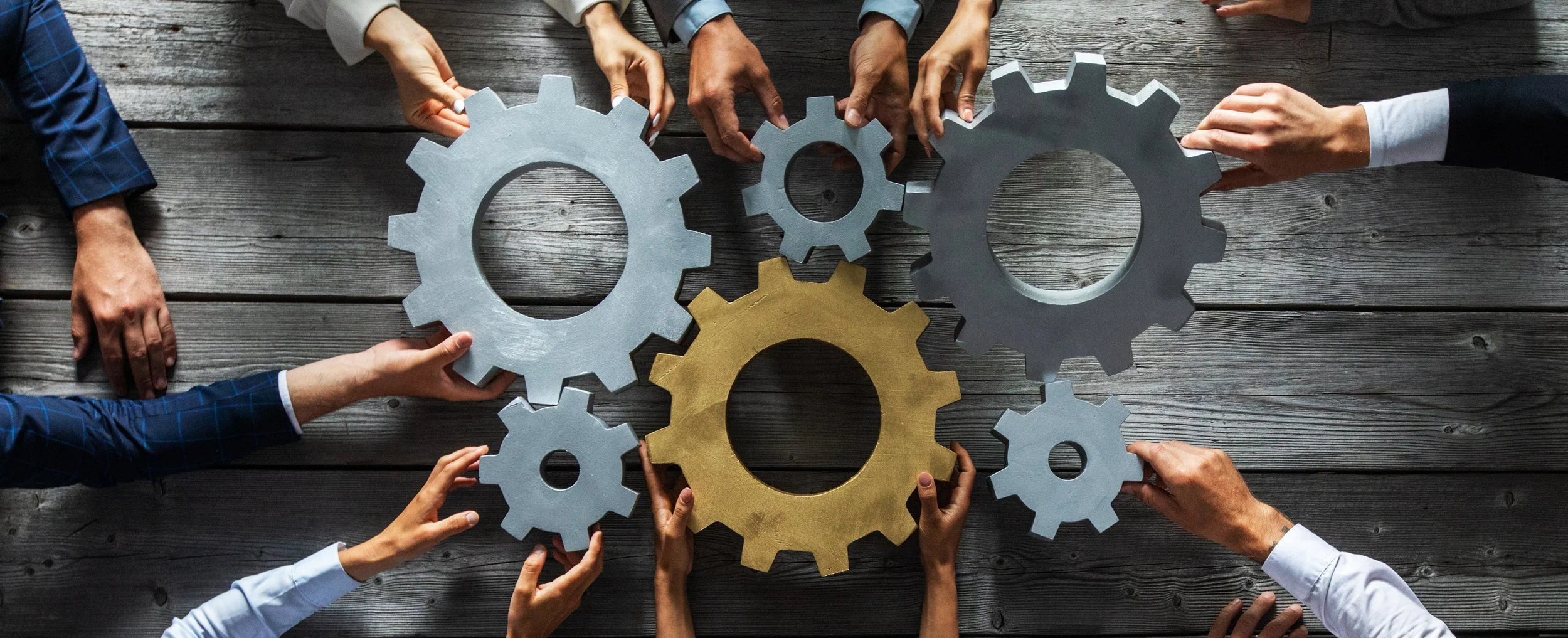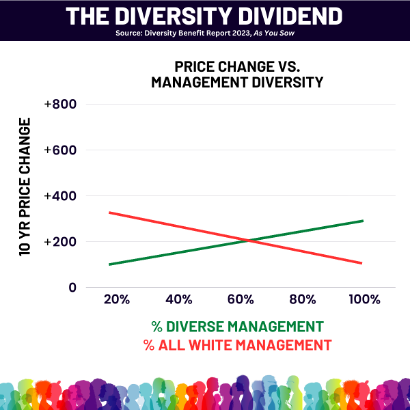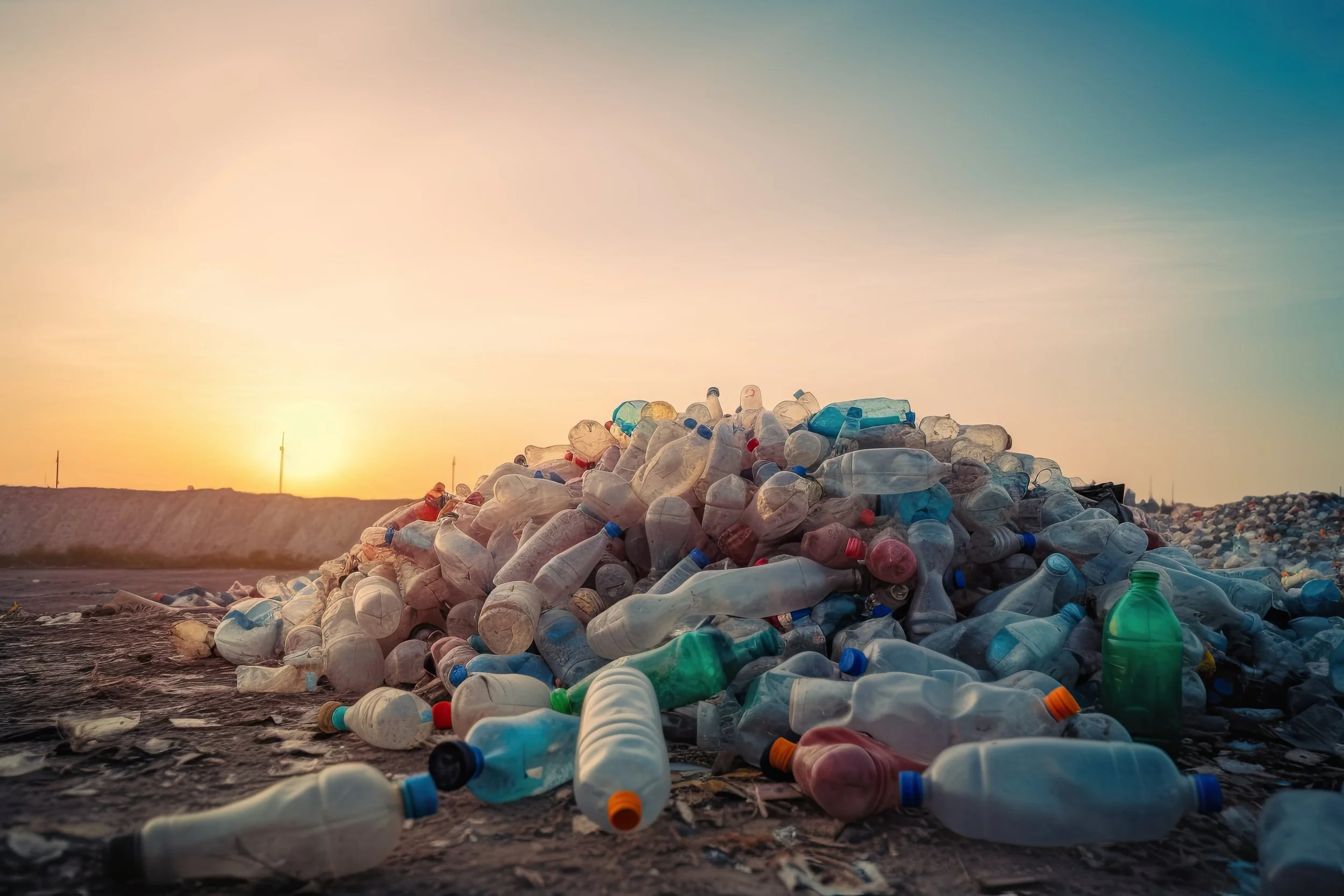This ancient species which has survived five mass extinctions over 450 million years, now faces a modern threat: the pharmaceutical industry’s dependence on its blood for drug safety testing, a practice which has depleted horseshoe crab populations.
Read MoreWhen you put money into a retirement plan, you’re doing more than saving for your future. You’re also investing in the companies that shape our economy and our society. Yet many retirement savers don’t realize that their investments may be supporting workplaces with weak or opaque equity practices.
Read MoreFor investors who care about justice, the hidden connection between mutual funds and historically marginalized communities matters. That’s where Social Justice Funds comes in: helping investors see not just the financial performance of funds, but also the racial justice implications behind them.
Read MoreHow do the returns of mutual funds correlate with their gender equality, diversity disclosures, racial justice, and LGBTQ+ equity ratings? As we worked on Social Justice Funds, our newest Invest Your Values tool, we wondered if we would find a similar correlation between higher percentages of BIPOC management and increases in financial metrics.
Read MoreMost workplace retirement plans invest in funds that represent business-as-usual: fossil fuels, private prisons, and corporations that perpetuate systemic bias, reinforce structural racism, widen the gender pay gap, and inflict harm on historically marginalized communities. This is a story we’re hearing more and more, and it’s exactly why we’ve created Social Justice Funds.
Read MoreA recent U.S. Executive Order promoting deep-sea mining (DSM) threatens to turn a pristine wilderness into yet another industrial sacrifice zone in pursuit of minerals that are available terrestrially and, in some cases, are becoming rapidly obsolete.
Read MoreCorporations have the power to demand more from their suppliers. When this influence is directed properly, corporations can catalyze significant positive change for all stakeholders. This is demonstrated in the continuing evolution of Mexico's avocado industry, where shareholder engagement, political action, NGO efforts, and community organization are helping corporations to address rampant illegal deforestation and its impacts.
Read MoreA busy proxy season for As You Sow’s Circular Economy program was highlighted by agreements with Hormel Foods to cut packaging use by 10 million pounds by 2030 and establish a new working group on Extended Producer Responsibility (EPR), and by YUM! Brands, the world’s largest restaurant company, to report on opportunities for switching to permanent reusable packaging.
Read MoreThis proposal calls on Alphabet’s 401(k) team to protect its employees’ life savings from the economic consequences of climate change. Though Alphabet’s climate goals acknowledge climate risk, shareholders and employees ask Alphabet to address retirement assets invested towards climate related financial risks and offer better, climate-safe investment options.
Read MoreThis proposal asks our Company to evaluate extending our responsibility for our packaging beyond the point of sale and through to the packaging’s end-of-life. Some opportunities to achieve this could include using less plastic, exploring reusable and package-free alternatives, and making sure that the disposable packaging we do use is always collected and recycled.
Read MoreWe have gained so much collectively from the hard-won battles of organized workers. This week was International Workers' Day, also known as May Day, and As You Sow invites you to join us in celebrating working people and their achievements. Not one of the companies we engage could succeed without the labor of their workers. From cashiers to software engineers, wage workers are the backbone of our economy. Workers have propelled these companies to fantastic financial success.
Read MoreAside from the very real and immediate risks to human health and safety inflicted at landfall, hurricanes are also making people inhabiting these areas more vulnerable. Families with houses in Florida, along the Gulf, and even the West Coast (I wrote this as I hunkered through yet another California atmospheric river) are experiencing a new phenomenon known as “climate uninsurability.”
Read MoreThe emissions reductions we can achieve over the next decade will make a crucial impact on minimizing the worst dangers of a 1.5°C climate reality. Investors expect companies to develop transition pathways that drastically reduce the accumulation of greenhouse gases in the atmosphere.
Read MoreGlobal bodies such like the Intergovernmental Panel on Climate Change and International Energy Agency are emphatic about the urgent need for transparent, immediate, and ambitious decarbonization of the oil and gas industry.
Read MoreThe benefits of a functioning environment are at risk, and shareholders are raising the alarm. The emerging deep sea mining (DSM) industry embodies one of the most significant new threats to global biodiversity.
Read MoreWhy are Elon Musk and Mark Cuban publicly feuding over workforce diversity? The billionaire beef is part of a larger conversation making headlines on corporate programs meant to improve diversity, equity, and inclusion (DEI) in the workplace.
Read MoreIn the rapidly evolving landscape of private equity, the environmental impact of investments is gaining prominence. As PE firms wield their financial clout, they have the potential to either exacerbate or mitigate climate change.
Read MoreThe solution to this recycling disparity is Extended Producer Responsibility (EPR), whereby producer corporations that make the packaging (bottles, bags, wrap, etc.) finance the collection and recycling of their packaging at its end-of-life.
Read MoreNotably, aviation emissions have doubled since the 1980s and the use of private jets, likely the most emission-intensive way of flying, is growing. According to the Intergovernmental Panel on Climate Change (IPCC) aviation accounts for approximately 2% of global CO2 emissions produced by human activity.
Read MoreStudio executives are at an inherent disadvantage in the War of Words that defines the WAG/SAG-AFTRA strikes. The people who make programs we love funny are on the other side of the picket line, and their way with words brings people to their side.
Read More



















